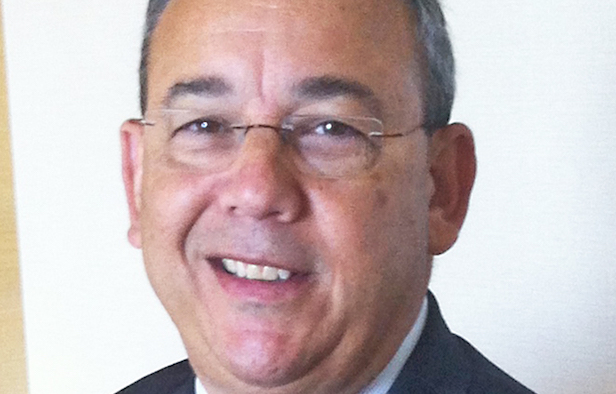
NEW YORK CITY—Looking ahead to 2017 in a new report, PwC US is forecasting the hotel industry's first year of declining occupancy in a staggering eight years. A predicted acceleration of supply growth—reaching the long-term average of 1.9%—combined with a continued deceleration in demand growth, will prompt the drop in hotel stays. In addition, the firm says, ADR growth is expected to slow driving a below-inflationary RevPAR increase of 1.7%, the smallest increase since the end of the recession.
PwC's outlook, which is based on an economic forecast from Oxford Economics, notes that after a tepid first half, real GDP in the third quarter increased 2.9 percent, driven by a combination of modest increases in consumer spending and stronger-than-expected exports. Uncertainty, both international and domestic, continues to weigh on US lodging industry performance.
The impact of the recently concluded US elections, coupled with plateauing growth in corporate profits, is expected to continue to impact corporate transient demand. Additional demand-side concerns, including the strong US Dollar, Brexit, and economic weakness in the Eurozone, as well as Zika and depressed energy sector activity, are all expected to contribute to the continued weakness in lodging sector demand growth.
The updated estimates from PwC are based on a quarterly econometric analysis of the US lodging sector, using an updated forecast released by Oxford Economics and historical statistics supplied by STR and other data providers.
For the remainder of this year, the report notes, hotel occupancy levels will remain flat while the average daily rate will drive a revenue per available room increase of 2.9%. Supply growth continues to be slightly below previous estimates at 1.6%.
“While global and domestic uncertainty related to the potential outcome of the US presidential election has now receded, uncertainty is now focused around the economic and social policies of the new administration, and the potential impact on the US economy,” says Scott D. Berman, principal and US industry leader, hospitality & leisure, PwC. “These, among other macroeconomic headwinds, will be factors we will be closely watching as we approach 2017.”

PwC's outlook, which is based on an economic forecast from Oxford Economics, notes that after a tepid first half, real GDP in the third quarter increased 2.9 percent, driven by a combination of modest increases in consumer spending and stronger-than-expected exports. Uncertainty, both international and domestic, continues to weigh on US lodging industry performance.
The impact of the recently concluded US elections, coupled with plateauing growth in corporate profits, is expected to continue to impact corporate transient demand. Additional demand-side concerns, including the strong US Dollar, Brexit, and economic weakness in the Eurozone, as well as Zika and depressed energy sector activity, are all expected to contribute to the continued weakness in lodging sector demand growth.
The updated estimates from PwC are based on a quarterly econometric analysis of the US lodging sector, using an updated forecast released by Oxford Economics and historical statistics supplied by STR and other data providers.
For the remainder of this year, the report notes, hotel occupancy levels will remain flat while the average daily rate will drive a revenue per available room increase of 2.9%. Supply growth continues to be slightly below previous estimates at 1.6%.
“While global and domestic uncertainty related to the potential outcome of the US presidential election has now receded, uncertainty is now focused around the economic and social policies of the new administration, and the potential impact on the US economy,” says Scott D. Berman, principal and US industry leader, hospitality & leisure, PwC. “These, among other macroeconomic headwinds, will be factors we will be closely watching as we approach 2017.”
Want to continue reading?
Become a Free ALM Digital Reader.
Once you are an ALM Digital Member, you’ll receive:
- Breaking commercial real estate news and analysis, on-site and via our newsletters and custom alerts
- Educational webcasts, white papers, and ebooks from industry thought leaders
- Critical coverage of the property casualty insurance and financial advisory markets on our other ALM sites, PropertyCasualty360 and ThinkAdvisor
Already have an account? Sign In Now
*May exclude premium content© 2025 ALM Global, LLC, All Rights Reserved. Request academic re-use from www.copyright.com. All other uses, submit a request to [email protected]. For more information visit Asset & Logo Licensing.








